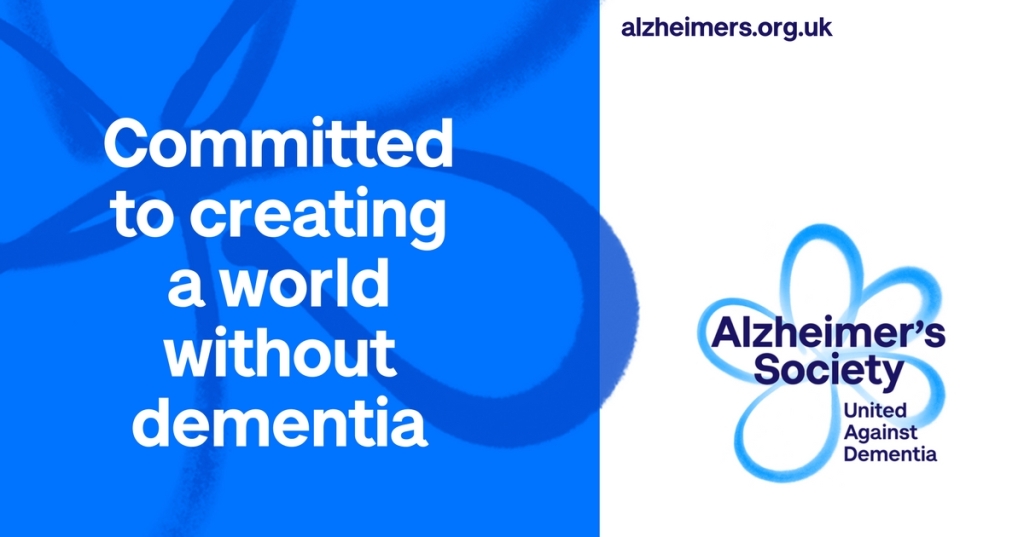One of the biggest challenges I have faced as a researcher in my PhD journey has been obtaining NHS ethics approval. However, this term is somewhat misleading. In reality, you’re seeking approval from the Health Research Authority (HRA), not directly from the NHS. The term ‘NHS ethics’ conjures up images of engaging in conversations with the Trust or Trusts you wish to work with, showing them how you’ve considered the ethical implications for your target participant population, and essentially asking them, “So, please can I conduct research with your patients?” Given that healthcare in the UK is nationalised, it stands to reason that the HRA operates within this framework, though it’s an independent body responsible for overseeing the ethical aspects of healthcare research.
Mention to any researcher who has conducted healthcare research that you need to obtain NHS ethics, and you can almost guarantee a grimace. This reaction seems universal, and I quickly understood why. I was introduced to the Integrated Research Application System (IRAS) website, where I had to navigate through pages of questions to form a comprehensive ethical application. The first time I completed this, it took an entire day. I read each question, clicked the buttons for further clarification, and constructed my responses. By the end of the day, I only had a draft. The system is user-friendly enough to allow for amendments, but it saves automatically instead of keeping multiple versions, so mistakes can be tricky to rectify.
Once complete, the form is reviewed by a Research Ethics Committee (REC). This independent panel evaluates whether the proposed research and its methods are ethical. Your IRAS form is sent to them, and they may request clarification or challenge certain points during an online meeting. These meetings usually last around 20 minutes, and it’s not uncommon to have between 8-12 people present, though not all will necessarily ask questions.
While methodical, obtaining HRA approval is tiresome for several reasons. Firstly, the form itself. As someone who is neurodivergent, I found the setup unfriendly. Although there is a plethora of supportive information, it’s all in written format. Additionally, the language and terminology used are crucial, but this isn’t explicitly stated anywhere. For example, instead of saying ‘the nurses in this team,’ you should use ‘usual care team.’ A PDF of an approved study from a colleague can be incredibly useful for understanding the preferred terminology.
Secondly, the HRA has specific expectations for what a proposal should look like. They provide helpful templates, but these are not prominently indicated in the form, requiring a hunt around the IRAS website. This also applies to the consent form.
Thirdly, there are two taskbars: one for completing the IRAS form and another for submission. Navigating these can be confusing, but with experience, it becomes more manageable.
Fourthly, the ‘documents’ tab visible during form completion doesn’t appear during submission. You need to attach your documents in the checklist tab. Although IRAS states that only the protocol and a summary CV for the Chief Investigator (CI) are mandatory, in practice, submitting all relevant documents is essential to avoid delays.
Fifthly, the HRA seems to have reservations about PhD students acting as CIs, even with supervision from experienced teams. I addressed this by naming my Director of Studies as the CI while handling all data collection and analysis, which was thoroughly reviewed by my team.
To make the process more accessible, especially for visual learners like myself, I created a YouTube walkthrough on completing the IRAS form and navigating the REC review process. This video covers much of what I’ve discussed here, offering additional details and clarity.
You can find the video here: YouTube Walkthrough. Do let me know your thoughts, and feel free to ask any further questions. I’m here to help in any way I can!






Leave a comment